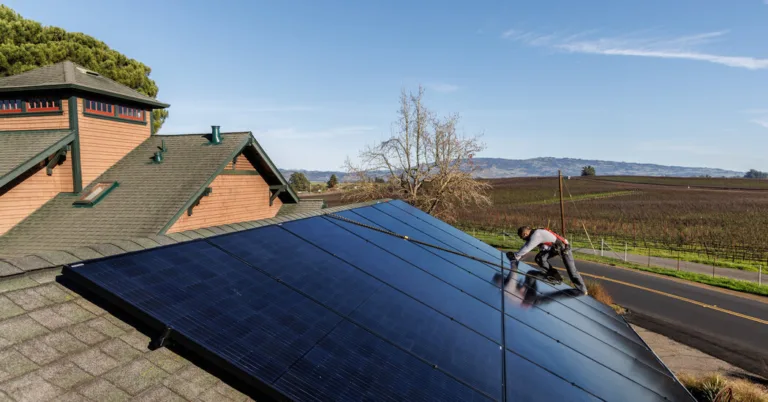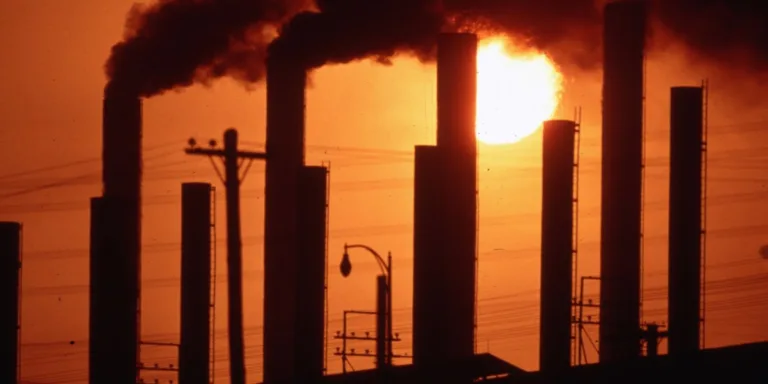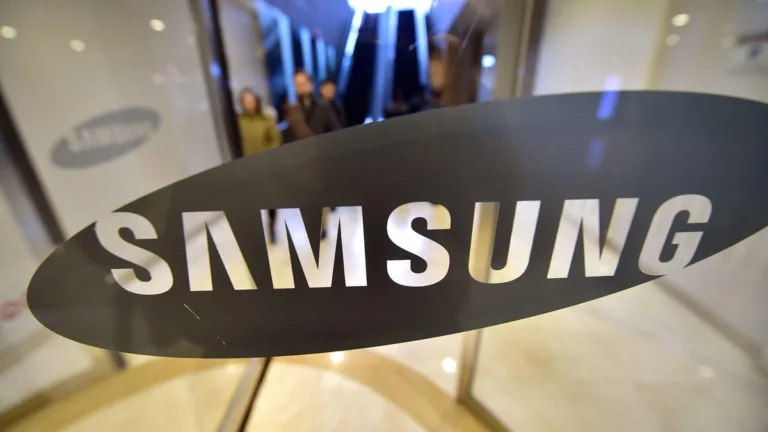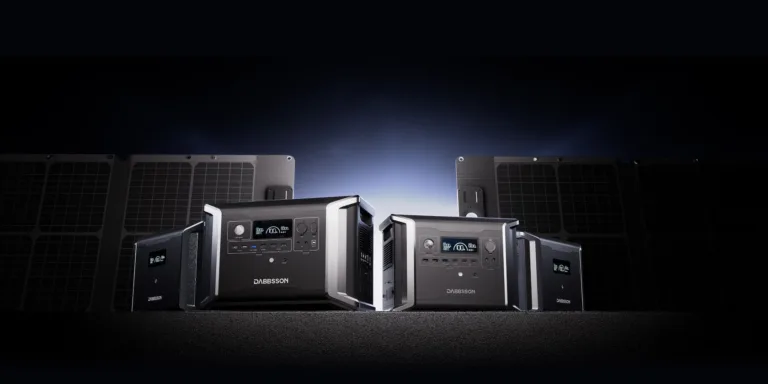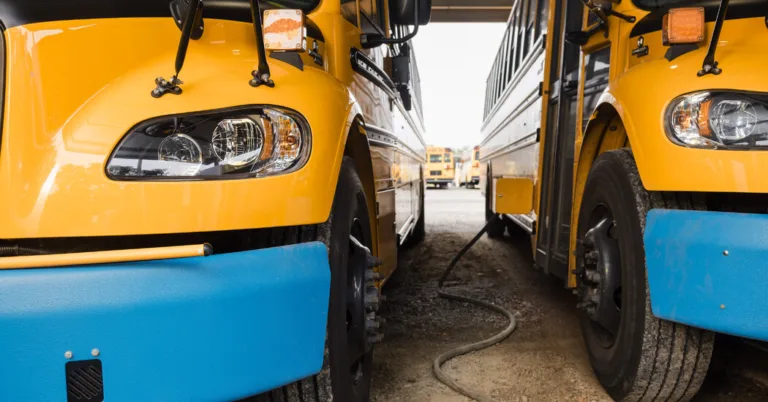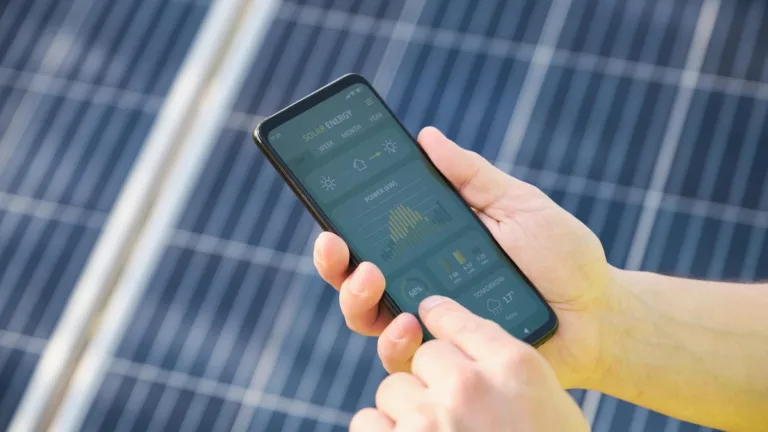The Impact of California’s Change in Renewable Energy Policy
California’s new policies on residential rooftop solar have led to a significant decline in installations and have affected many businesses in the solar industry. Some companies have left the state or reduced their presence there due to the reduction in incentives for homeowners. State officials defend the policy change, stating that it addresses the issue of equity in the distribution of costs for maintaining the electricity system.
